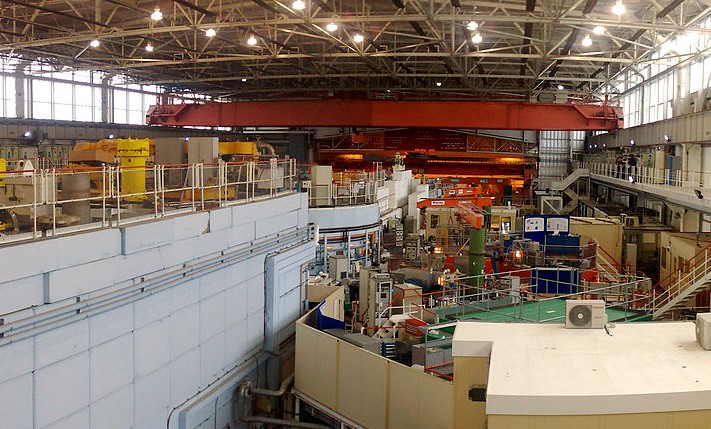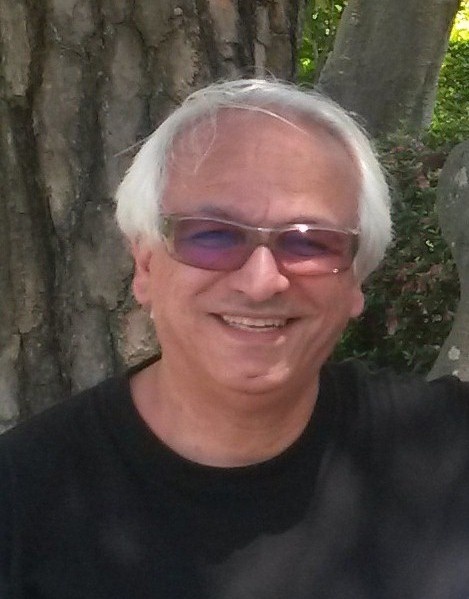
Prof. Khashayar Ghandi of U of G’s Department of Chemistry recently found a way to remotely tap into a world-class research facility in the United Kingdom to continue some of his team’s research.
Ghandi and his team use beamlines in particle accelerators for their experiments in material science and chemistry. They need to access antiparticle subatomic particles called “muons” and other matter particles that exist only in a few particle accelerators in the world.
Ghandi and PhD student Cody Landry had hoped to travel to Oxfordshire, UK, this summer to visit one of these particle accelerators, the Rutherford Appleton Laboratory (RAL), and use the ISIS Neutron and Muon Source.
Their research group has been using RAL and two other available laboratories with proper beamlines for studies of magnetic properties of materials and reactive intermediates. Ghandi and Landry have been studying the free radical chemistry of a cation in an ionic liquid that has the potential for use in batteries and antimicrobial plastics.

Their beamtime on the hifi muon spectrometer had been scheduled for the summer. But then the COVID-19 lockdowns began, and plans were cancelled.
As the facility recently recounted in a news item on their website, an ISIS scientist decided that Ghandi’s experiment might be suitable to run remotely.
“I’ve not been to ISIS before but we were able to remotely dial in to the instrument, and it has all gone very well,” Landry said.
Although some parts of their proposed experiment had to be cancelled, they have been able to learn more about the conditions under which using green free radical chemistry, novel materials can be formed with potential applications in energy and health industry.
Although Ghandi has many connections to the “muon community”, this is the first time he observed a beamline experiment being run and controlled from another continent.
While he would have preferred Landry could have seen the facility in person and gained hands-on experience, their experiment went smoothly and Ghandi said the experience was a great one for his group.